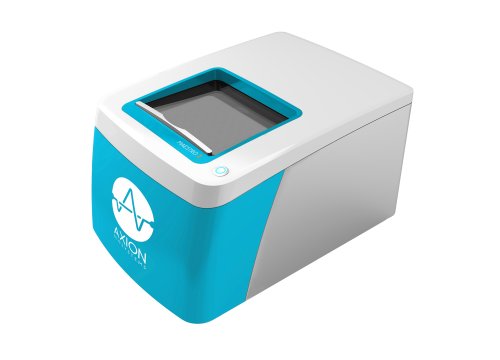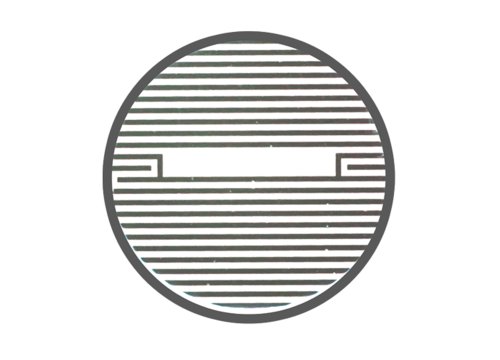Authors: Schälter F, Frech M, Dürholz K, Lucas S, Sarter K, Lebon L, Esser-von Bieren J, Dubey LK, Voehringer D, Schett G, Harris NL, Zaiss MM.
International Journal for Parasitology, 2022.
Scientists use Axion’s noninvasive Maestro Z to measure TEER and examine the role of acetate in initial barrier breach during helminth infections.
Chronic infections from parasitic worms, or helminths, are a common health problem in humans and animals worldwide. Despite robust research into systemic and mucosal immune responses induced by helminth infections, the underlying mechanisms of initial host tissue invasion remain unclear. In this study, scientists use mice infected with the intestinal parasite Heligmosomoides polygyrus and various in vitro models to demonstrate that secreted acetate may play a key role in epithelial tissue invasion by altering epithelial tight junction claudin expression.
To investigate the effects of acetate on barrier permeability on human epithelial cell cultures in vitro, the researchers used Axion’s noninvasive Maestro Z platform to measure TEER (trans-epithelial electrical resistance) and showed that acetate treatment increased barrier permeability. Additional testing with mouse intestinal organoids stimulated with lipopolysaccharide to simulate inflammatory conditions demonstrated a further increase in intestinal permeability, while the effects were rescued by in FFAR loss-of-function mouse models. Overall, these findings suggest that acetate “provides a significant advantage to the parasite in crossing the intestinal barrier and invading mucosal tissues…and if modulated could have profound consequences for their life cycle.”


